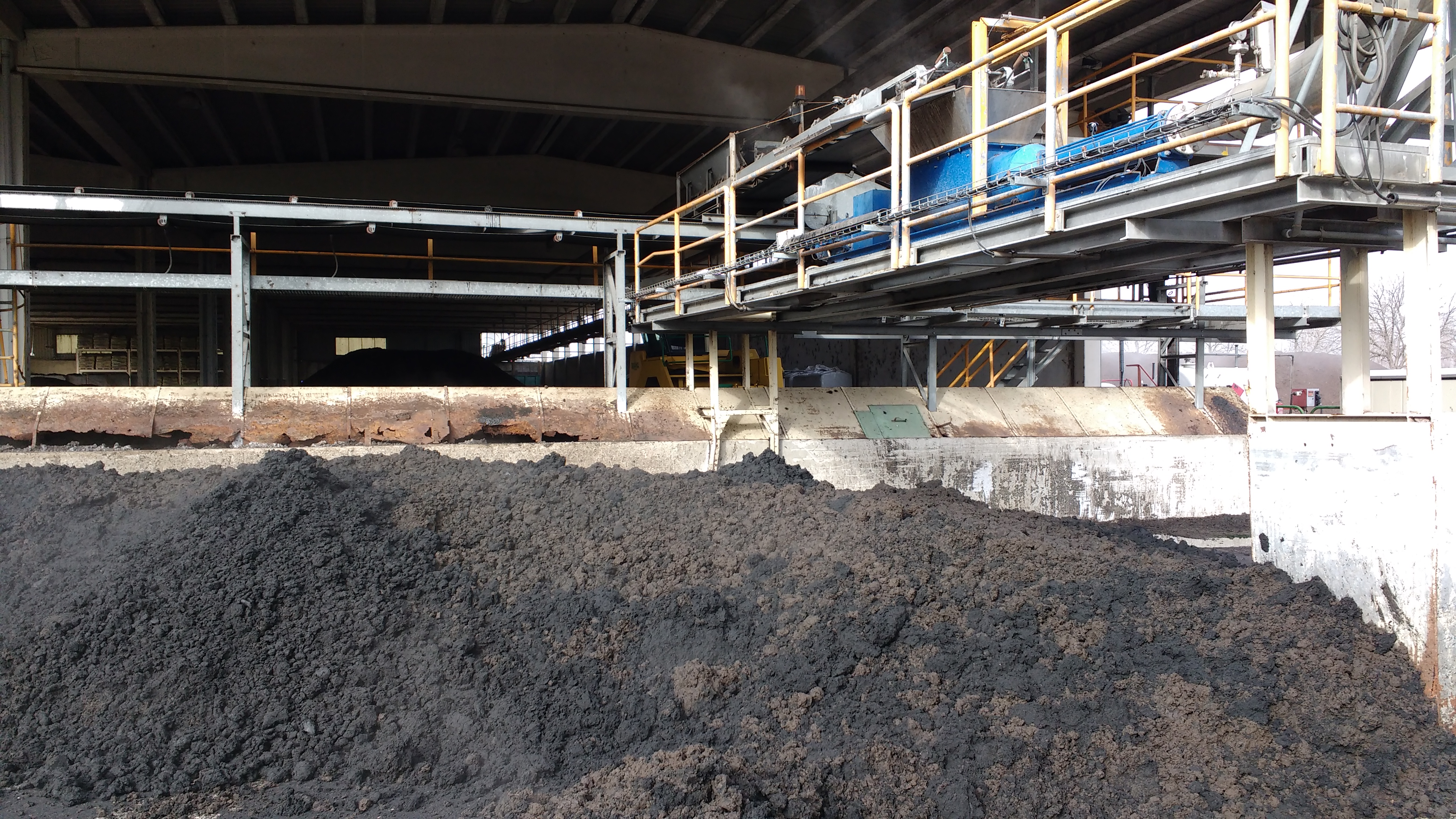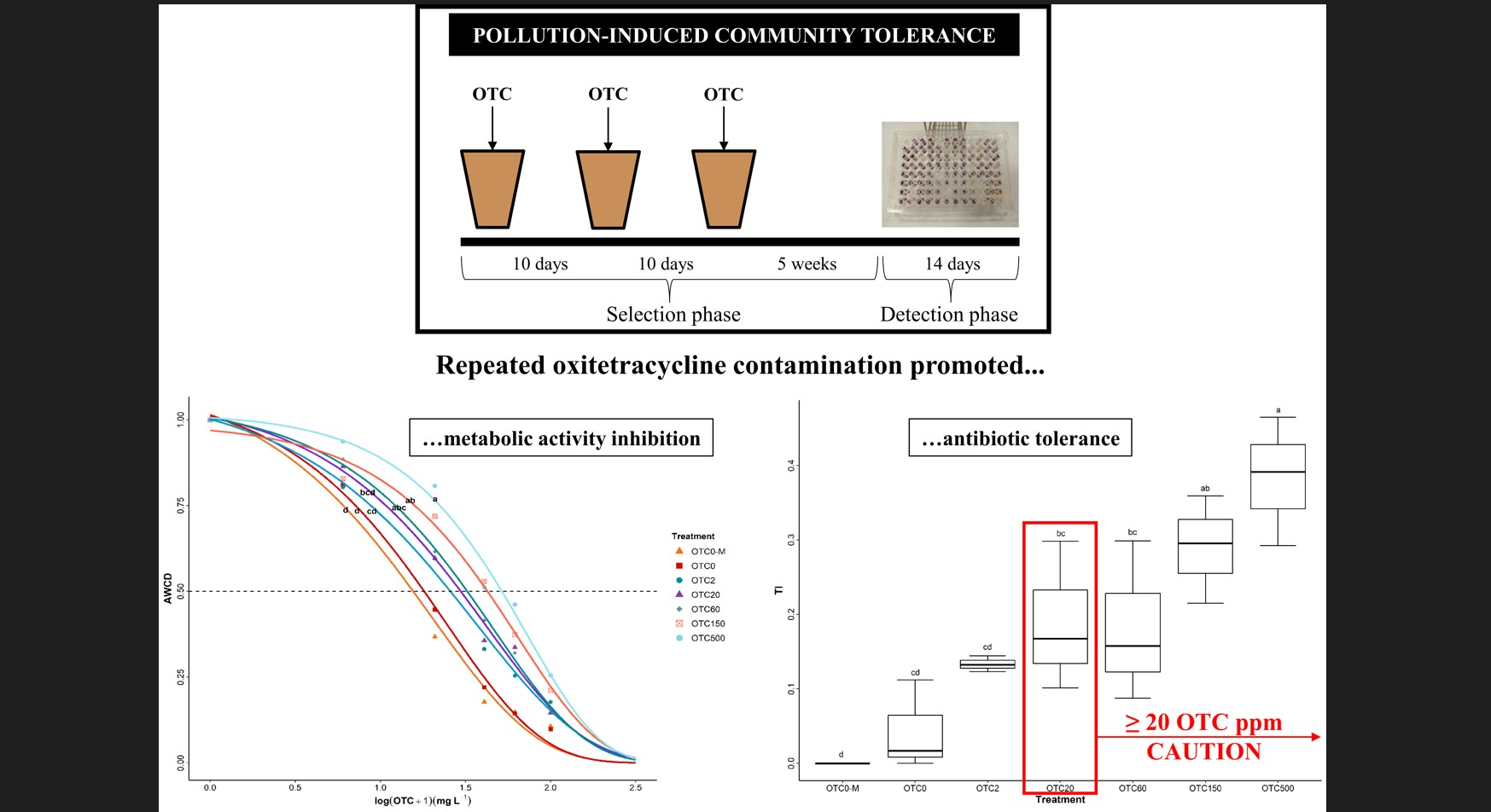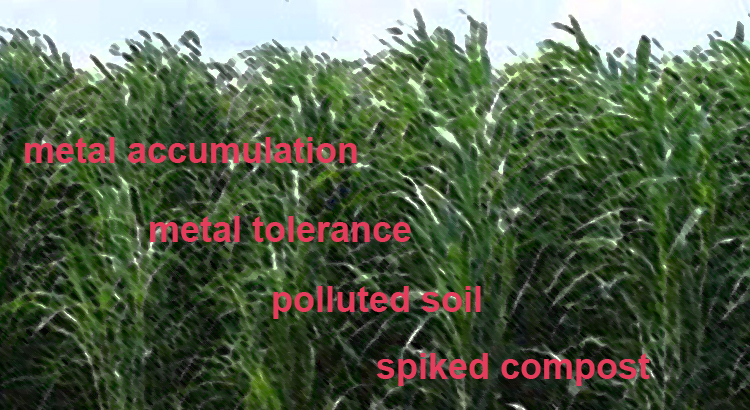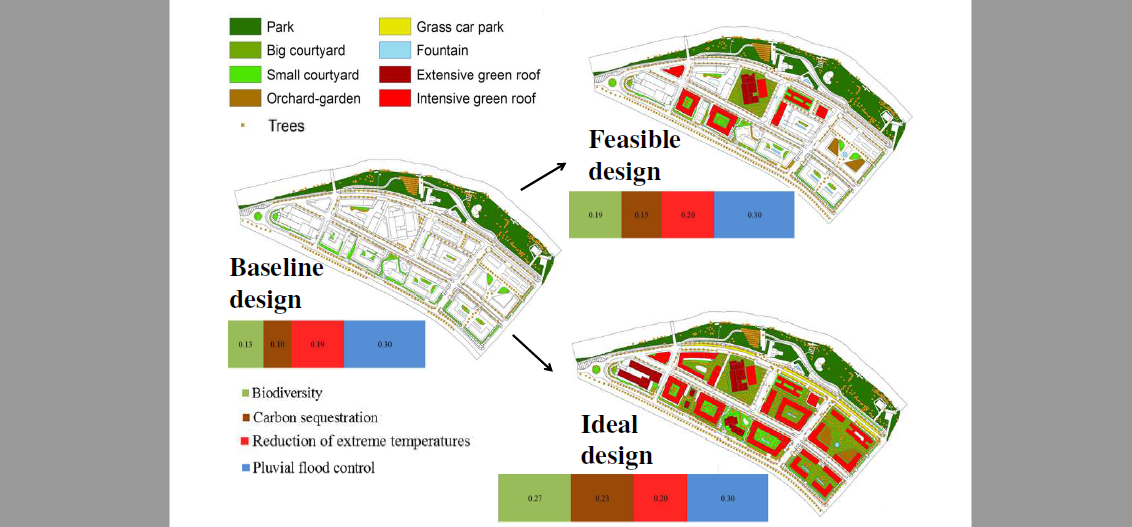We have recently established a new collaboration with Sandra Blázquez (EDAR Arazuri, Navarra) on the impact of sewage sludge (different doses and frequencies of application) on agricultural soil quality from an agronomic, environmental and sanitary point of view. At the end of last year (2015), Sandra Blázquez offered us the possibility of participating in a very interesting long-term (24 years) field experiment on the impact of sewage sludge on agricultural (winter cereal) soil quality. The experiment considers different doses of sewage sludge (0, 40 and 80 t/ha) and frequencies of application (every year, every 2 years, every 4 years). Julen Urra, a PhD student in our group, is very interested in the impact of organic amendments on agricultural soil quality and then he will be closely involved in sample analysis and data interpretation from the abovementioned field experiment.
This month (February 2016), some members of our group (Fernando Blanco, Julen Urra and Carlos Garbisu) will visit the experimental field in order to obtain soil samples for the determination of microbial parameters as indicators of soil quality. In particular, we intend to estimate the impact of the long-term application of sewage sludge on the diversity of soil microbial communities (mainly, bacteria and fungi) by means of using next generation sequencing (Illumina). In addition, we will determine microbial biomass carbon as an indicator of soil microbial biomass, and phosphatase enzyme activity as an indicator of the capacity of the soil microbial communities to mineralize organic phosphorus (the sewage sludge used in this experiment contains a considerable amount of phosphorus). Finally, we will determine bioavailable metal concentrations (0.01 M CaCl2-extractable fractions of Cd, Zn, Pb, Cu, Cr and Ni) in order to compare these values with the total metal concentrations which have been monitored throughout the experiment.
We are looking forward to a long and fruitful cooperation with Sandra Blázquez.




